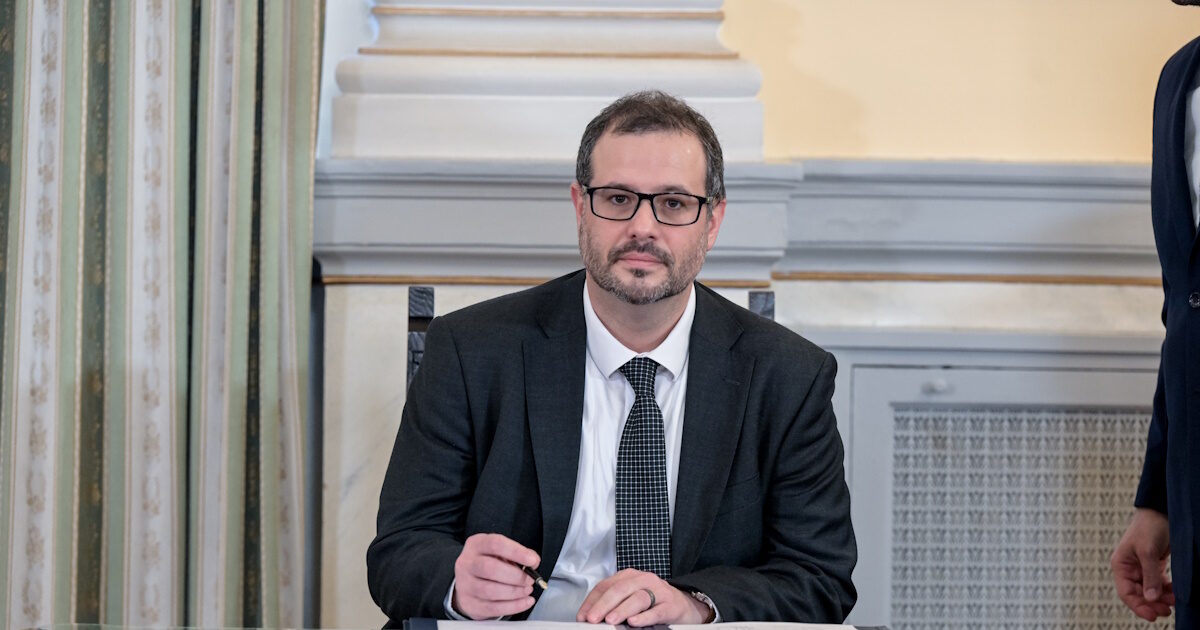The issue of high energy costs is multidimensional and will be resolved through a series of interventions at European and national level. This is the message sent by the new Deputy Minister of Environment and Energy, Nikos Tsafiin an interview he gave a days ago to an online podcast.
As Mr Tsafos, Europe and Greece pointed out in this regard, they are called upon to find immediate, but also permanent solutions to the major problem of high energy prices. According to him, the key responsible for expensive electricity is not the green transition, but the gas. The shock of previous years and the loss of much of the Russian gas was so intense that it has not yet been covered today. By extension, the market today is quite “narrow” in terms of supply and demand, directly affecting electricity.
The deputy minister is optimistic that large quantities of liquefied natural gas (LNG) will come to the world market that will improve the balance. However, he points out that Europe should not only rest in it and must seek structural solutions that will improve its market operation.
“The EU He is now trying to have a smoother trajectory to replenish gas warehouses. Also, the price is strongly influenced by financial players, who are the largest driver and reinforce the political risk. We need to see how the market works so that we are not led to excessive increases. The gas comes from the US for a price of close to 25 euros/MWh and is sold for 35-40 euros, so one gets the difference. We say that if we continue this way, we will have a problem with periods of narrowness, ”said Tsafos.
According to him, the fact that the gas is responsible for high power rates is effortlessly available from the available data: “If we look at the Greek electricity price, the most important driver is how much gas we use every day. There is an immediate correlation, “commented Mr Tsafos.
Greece and EU climate policy
The Deputy Minister reiterated the request of Greece and the Prime Minister himself to have simpler climate goals in the EU. At the same time, it emphasized the correlation of climate with other major issues, such as geopolitical, trade and security, which Europe now seems to perceive.
For its part, Greece has raised the issue of the existence of many individual climate goals, which increase the difficulty and cost of transition. As Mr Tsafos analyzed, it is advisable to have a state to state and the ability to achieve the general goal of the broadcasts in their own way.
Solution The links for our country
In Greece, a crucial issue for the future is how RES will balance at no high costs, at a time when strong changes in each year from time to season are observed.
According to him, the answer to the problem is cross -border trade and the strengthening of interconnections.
He noted that Greece has different winds than the rest of Europe, so the emphasis on the cross -border dimension makes sense. The emphasis on a more integrated European electricity market means that on each given day, one country will contribute to hydroelectricity, the other with photovoltaic and so on.
Thus, the strengthening of interconnections has a great deal to reduce costs.
To see things specialized to help industries
Finally, by passing on the issue of industry competitiveness, the deputy minister stressed that there were strong differences in Europe.
“Much of concern does not come from the cost of energy itself, but from the cost of charcoal in general that includes CO2, regulatory issues, targets, etc. The positive is that we can influence them. I believe in sharing the issue of competitiveness and seeing things by sector to help industries, “he said.
